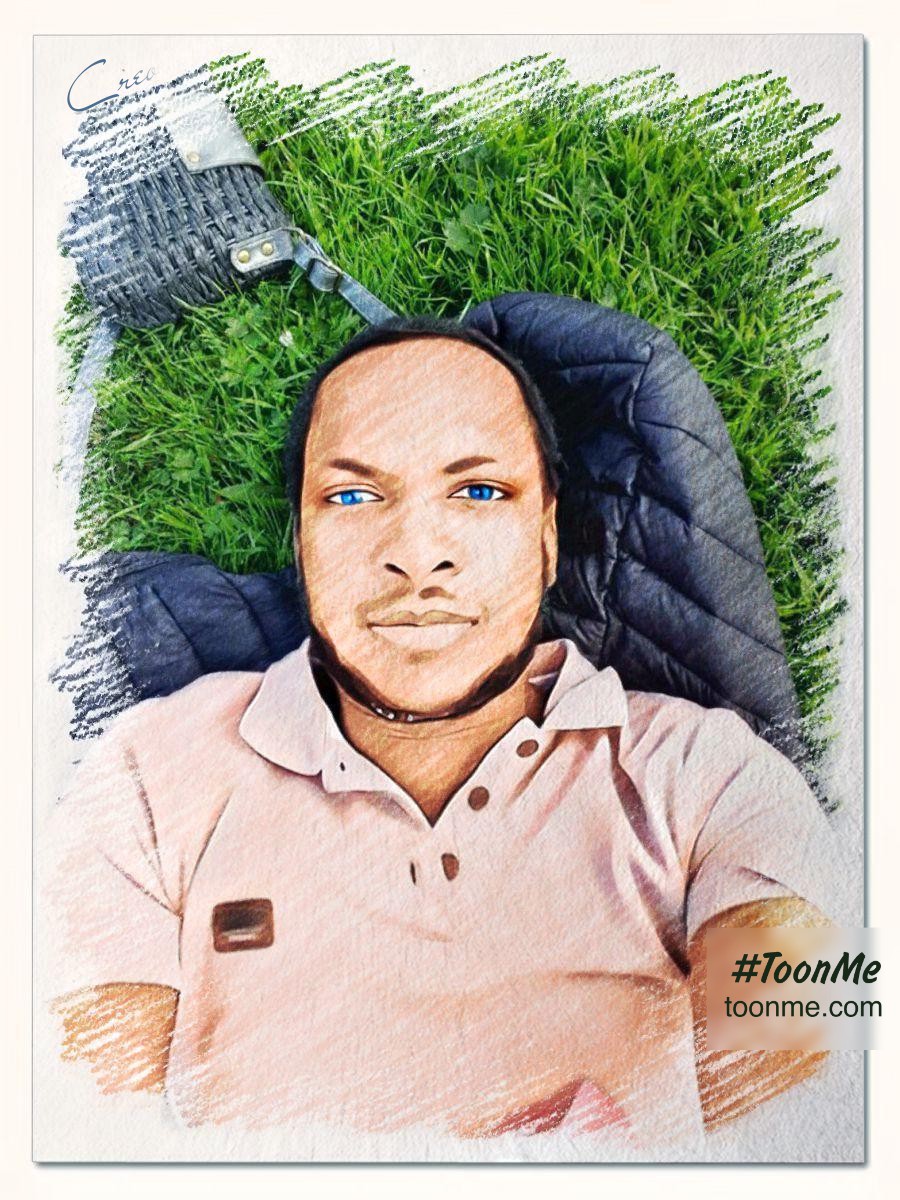The "curse" of the information age
- lloydmufema

- Jul 25, 2021
- 3 min read
Updated: Jul 26, 2021
We live in a time like never before. Amongst the many things that advancement in technology has done, the fact that it has made information available at our finger tips is arguably the most valuable. As it is said, information is power. From information comes knowledge and quoting from the good book, without knowledge, people perish. Unfortunately, the easy access to information as well as the ease with which anyone can put information within the public domain is not without its challenges.
Confirmation bias We usually tend to seek out information that supports what we already believe. If we already believe a certain narrative, we will probably only look for sources of information that reinforces it, without even realising. Everyone is a victim of this.
There is information to support that Neil Armstrong's moon landing was staged in Area 51 in Nevada and there is also information that confirms that it did happen. There is information that COVID-19 is caused by 5G and there is also information that debunks this. There is information that the earth is flat and there is also information that it is spherical. There is information that champions natural immunity against COVID-19 and that vaccines are more harmful than good and there is also information that supports the use of vaccines as the best foot forward against the virus. There is information that global warming is a hoax and there is information that it is a real threat. Of these and many other issues, what do we believe and why do we believe what we believe?
Enter WhatsApp As much as it one of the most convenient communication tool of our time with over two billion users, WhatsApp has also become a source of much disinformation. Certain information that is circulated hardly passes a fiction test but at times we don't pause to ask ourselves about the truthfulness thereof before we forward to the next person. Again, it is a case of confirmation bias, that it, a piece of information is true as long as it is in line with what we already believe to be true.
What about us? On the flip side of consuming information is us putting out information about ourselves in the public domain (especially social media). The extent of how much of overselves we share with the world can be motivated by many factors. It can simply be to inform, have people join one in celebrating, to seek comfort, validation, clout or just having our opinions known, among other things. We really need to be mindful of how much of our private lives we are willing to put out there as well as the motive. As they say, the internet does not forget. There are people who have lost jobs because of certain information that they have put out there. Relationships and marriages have ended after certain information long buried in the archives of the Internet resurfaced. Chrissy Teigen is a recent victim of Internet's long memory.
Conclusion 1. Open mindedness Although confirmation bias affects everyone, it may be helpful to be willing to take time to acquaint ourselves with information that contradicts what we already believe to be true.
2. Verify If a piece of information sounds too good to be true, it is probably not true. Verifying can be simply through "googling" about the subject matter or asking from other people who are expected to know probably based on their proximity to the source of the information or them being experts in the subject area among other things.
3. Authenticity of the source There are certain sources that put across pieces of information as facts although there is hardly any data or evidence to back that up. Not that all information from such sources is not true, but it needs to be taken with a pinch of salt.
4. Humility to change our viewpoint Our viewpoint is shaped by the information we consume, what we believe to be true as well as our background. With the realisation that we are not experts in all subject matters and the need for open mindedness in considering contradictory information, there is need to be willing and prepared to change one's viewpoint. This is never a sign of weakness.
5. Personal information in the public domain I have never been a proponent of the cancel culture (topic for another day) but the reality is that it is here to stay. Much thought needs to go into why personal information is put in the public domain and and possible consequences, whether immediate or long term. The reality is that as much as there is freedom of expression, unfortunately, freedom after expression is a fallacy.

Unfortunately, our biased opinions mostly stem from the need for one to belong to "aside". We have a yearning that aches in our brains to associate. If youre, not a Ronaldo fan, you're a Messi fan, if you're not into Samsung you're into Apple and if youre, not BLM you're ALM and the list goes on and on. We will always be biased to the side we belong to side we align with and like you said our opinions on what we align ourselves with will put us in deep problems in the future. Quite recently the Olympics opening ceremony director was also sacked for a Holocaust joke he made in 1998!